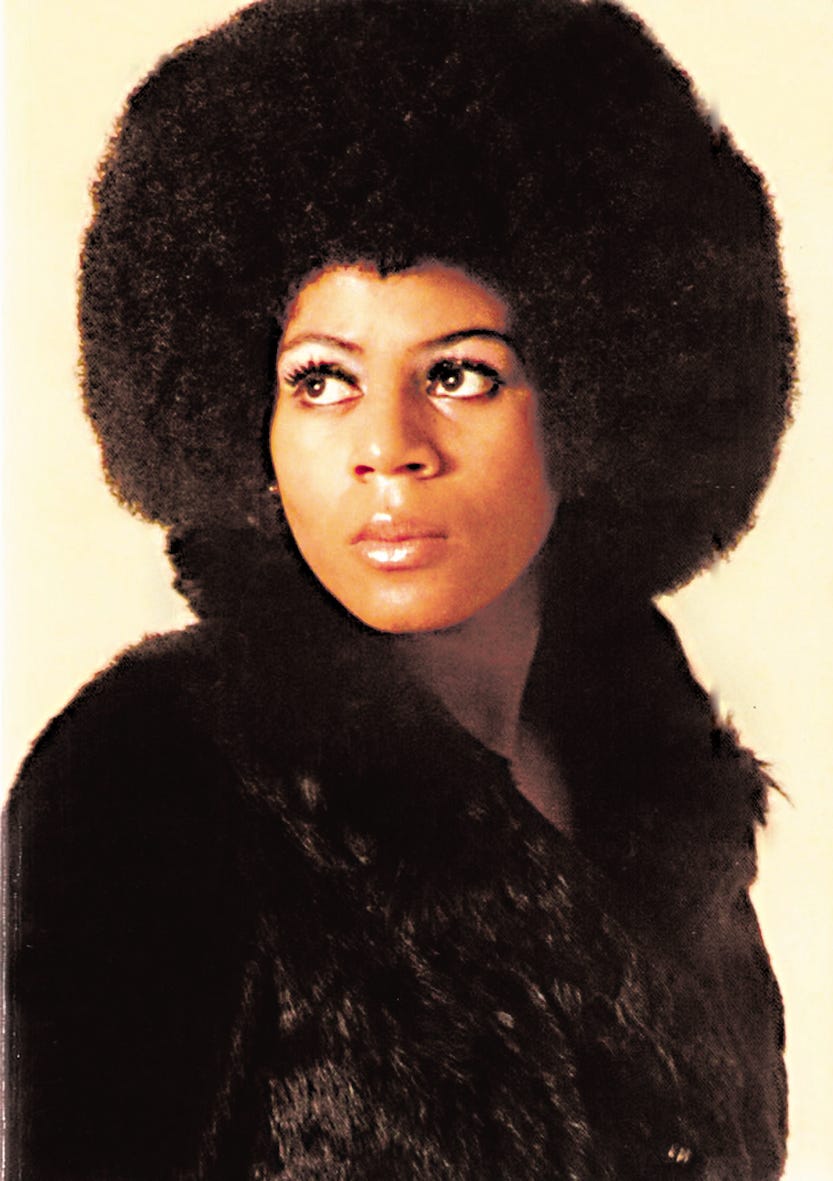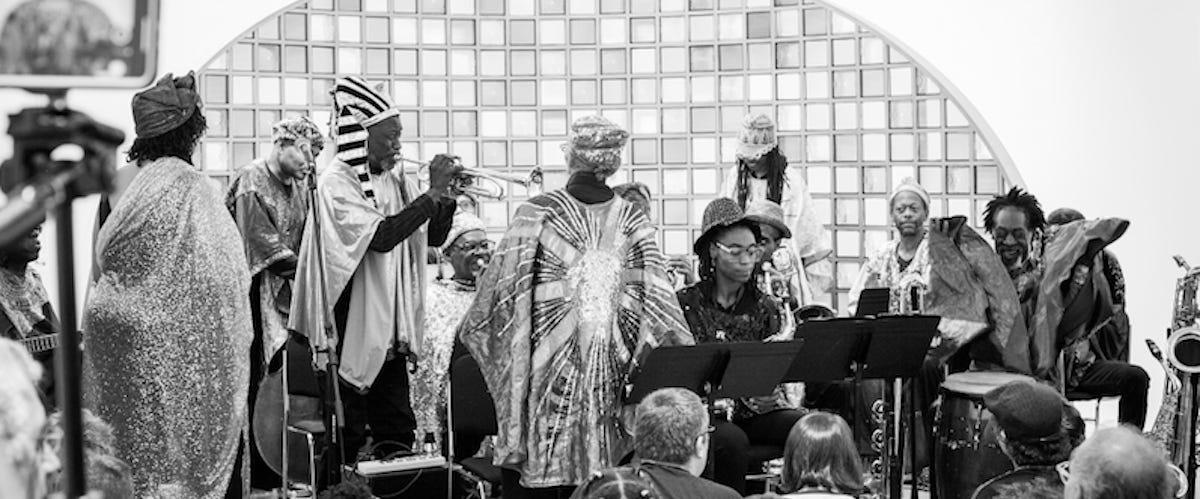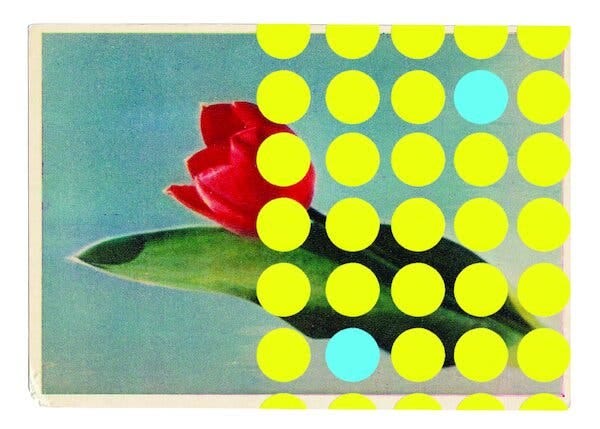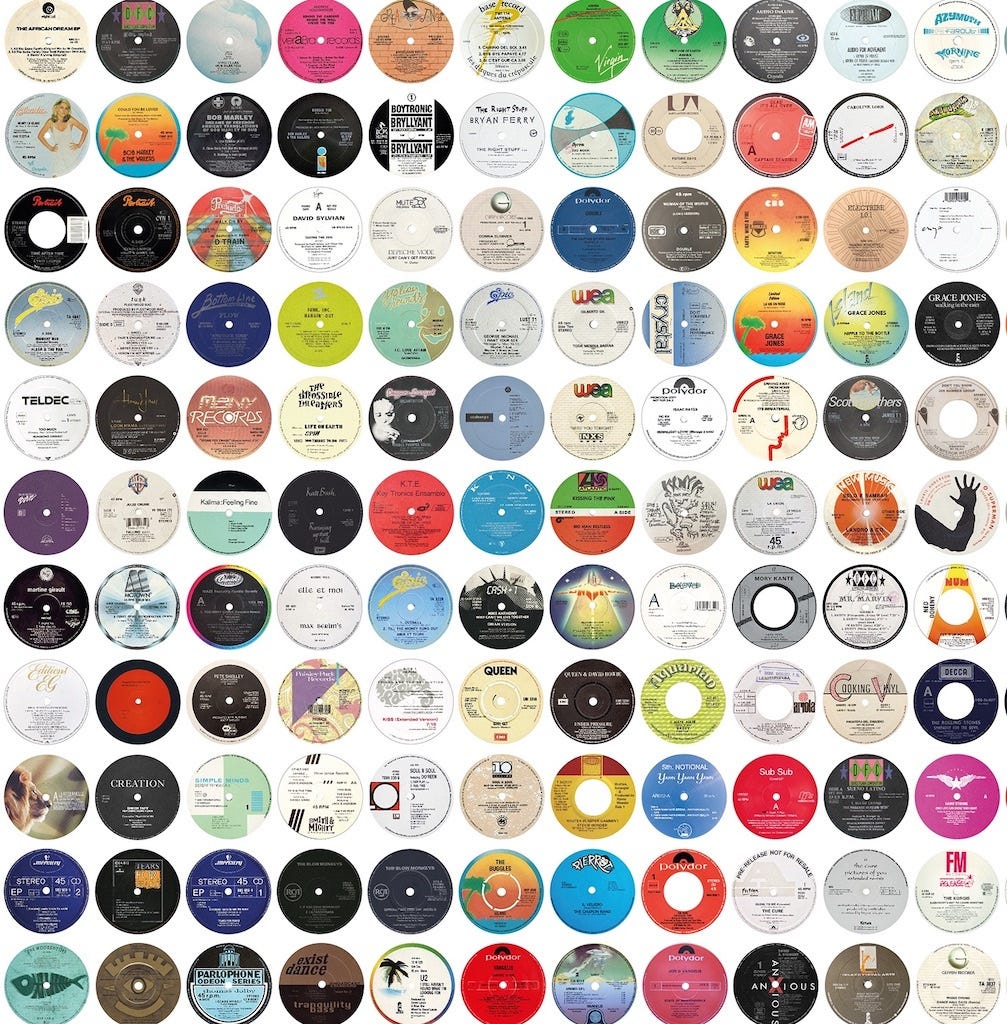Dada Reads_112720
Emily J. Lordi on the meaning of "soul," Ntozake Shange on Sun Ra, Phil Kay on data vs. storytelling, Martin Amis on Diego Maradona, and the Balearic-centric wonders of Ban Ban Ton Ton
An occasional list of some recent recommended Dada Strain texts that imagine the future, reappraise the past, and give full-hearted critique to the here and now.
Interview with Emily J Lordi, by Sasha Frere-Jones (BookForum 11/24/20): On the occasion of Lordi’s new book, The Meaning of Soul: Black Music and Resilience Since the 1960s, here’s an excellent interview on the social and political aesthetics of soul. “I think the current cultural moment encourages more suspicion of the very idea of collectivity—I mean, this is the reason why soul gets re-scripted as this repressive formation in the first place. And it has everything to do with the failure of the state to take care of people, which produces an atomization that affects everybody. We are in the midst of a post-civil-rights, post-revolutionary, post-welfare state moment. I think that’s beginning to change, due to Black Lives Matter and other activists efforts. But that’s where the U.S. has been since the 1970s. For that reason, I think it has become harder to see somebody else’s striving or somebody else’s achievement as relevant to one’s own…I always think about Kendrick Lamar. There’s the moment in ‘Black Boy Fly’ where he says he wasn’t ‘jealous’ of the older kids who made it out of the neighborhood—he was ‘terrified they’d be the last Black boys to fly out of Compton.’ There is a logic of scarcity that says, ‘There is no way that, if you manage to get out of this situation, I can do so, too.’ It can feel like a game of numbers. And the numbers game was a little bit different in the soul era. At least, to read the Black press of [the late 1960s and early ‘70s] is to get the sense that the success of an Aretha did mean something, did signify a sense of broader Black possibility, whether in material or existential or spiritual terms. Her success meant something to the people as a people. Which was its own kind of weight for her to bear.” (Bonus: Danielle A. Jackson’s review of The Meaning of Soul, in the Sept/Oct/Nov 2020 issue of Bookforum.)
Ntozaka Shange, “…on Sun Ra and How She Came to Have Her Name” (LitHub, 11/23/20): An excerpt from the new, post-humous book, Dance We Do: A Poet Explores Black Dance (Beacon Press, 2020), about her being a full-blown Ra-head. “On one of my many trips to Slug’s I’d met June [Tyson] and Wisteria [El Moondew] and other members of the Arkestra because the place was so small that during their breaks they had nowhere to go except mingle with the audience. My friend Cheryl Banks, who had actually begun to dance with Sun Ra, introduced me to Wisteria and June, even though we all felt like we had known each other in spirit. Even some of the guys recognized me from my many trips to Jupiter with the band. A blending of spirits held us all together and knowing one another. Many years later, when my daughter, Savannah, was about three, I carried her down the back steps of Sweet Basil’s where the Arkestra was playing and had Sun Ra bless her in his fashion. He had his flowing robes and crown on. My child was mesmerized, but Sun Ra had laid hands upon her and all was right with the world. I don’t know if Deadheads have the same kind of community, but there was a community that centered around Sun Ra and we were part of it.” Also, HOLY SHIT!!!, crucial Ndikho Xaba appearance.
Phil Kay, “The Human Experience Will Not Be Quantified” (New York Times 11/7/2020): The novelist discusses the importance of storytelling in a data-obsessed world. “Stories are a quintessentially human method of responding to the chaos and uncertainty of the world. Science is a quintessentially human method of trying to control that chaos, and data is its raw material. Adrift in the world, uncertain of the future, hostage to fate, but possessed of increasingly powerful tools for carving up pieces of the world and putting them under the microscope, is it any wonder that we increasingly turn to science when looking for deliverance from our human predicaments?…As much as we’d like to believe in ‘science over fiction,’ decisions in the real world require negotiating between what we think the data means, what human value we’d like to assign to it and what stories about it we can get others to accept. Data alone is not knowledge, and it is certainly not wisdom. It rarely says as much as we think it does.”
Martin Amis, “In Search of Dieguito” (The Guardian, 10/1/2004): RIP to not only one of the greatest footballers of all-time—if not THE greatest—but a remarkable, unique individual who symbolized the end-of-the-20th-century shrinking planet’s post-colonial jitters and celebrity pissings. This review of Maradona’s autobiography, El Diego, by one of the England’s most acerbic late-century writers gives a sense of his majesty and drug-fueled mania, better than most obits. “In South America it is sometimes said, or alleged, that the key to the character of the Argentinians can be found in their assessment of Maradona's two goals [against England] in the 1986 World Cup. For the first goal, christened ‘the Hand of God’ by its scorer, Maradona dramatically levitated for a ballooned cross and punched the ball home with a cleverly concealed left fist. But the second goal, which came minutes later, was the one that [England manager] Bobby Robson called the ‘bloody miracle’: collecting a pass from his own penalty area, Maradona, as if in expiation, put his head down and seemed to burrow his way through the entire England team before flooring [goalkeeper] Shilton with a dummy and stroking the ball into the net. Well, in Argentina, the first goal, and not the second, is the one they really like….[In the book,] having exulted at length in the second goal ("I wanted to put the whole sequence in stills, blown up really big, above the headboard of my bed"), Maradona turns his attention to the first: ‘I got a lot of pleasure from the other goal as well. Sometimes I think I almost enjoyed that one more.’ And the reader can only assent, by now, to the contented urbanity of his conclusion: ‘They both had their own charm.’ In other words, all's fair - all's sweet - in love and war.”
Since 2017, the music blog Ban Ban Ton Ton, has been publishing multiple times a week, spotlighting a wide swath of old and new sounds that could collectively be described as Balearic. These are the, by turns, soothing and ecstatic musical rhythms that helped define the sound of Ibiza before the English punters and MDMA got there to turn the island into Europe’s Rave Vegas. Which is not to say that kernels of that the acid house weren’t always there. The deeply global soundtrack of the Mediterranean’s Balearic islands is a pulsing combination of psychedelic disco, ambient new age, jazz-funk, various local rhythm sounds from throughout the world, and retro-futurist electronics, all of which Ban Ban Ton Ton considers both individually and collectively Not everything here hits, but the sheer amount of excellent listening that the people behind BBTT do, assures new pleasures. There’s also interviews, historic Balearic insights, monthly Bandcamp dives and much more. An excellent resource.







